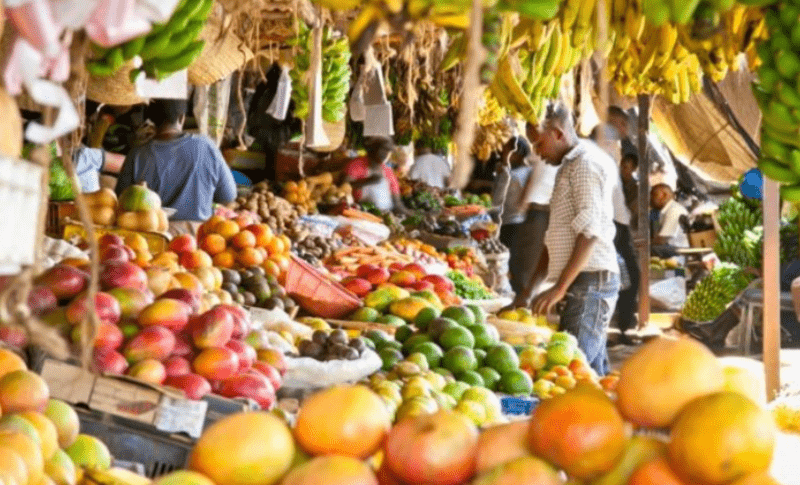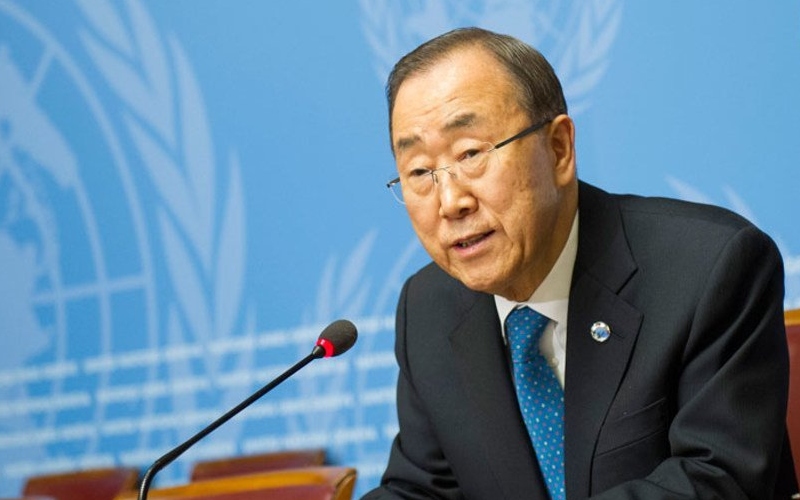Over 80 per cent of Kenyan SMEs lack access to credit - survey

According to the latest SME intelligence report by the African market intelligence firm Stears, only 16 per cent of the about 7.4 million SMEs in the country have access to formal loans.
The majority of Small and Medium-sized Enterprises (SMEs) in Kenya have no access to bank loans, a critical support tool for growth whose limited access remains a significant constraint to most enterprises in Africa.
According to the latest SME intelligence report by the African market intelligence firm Stears, only 16 per cent of the about 7.4 million SMEs in the country have access to formal loans.
More To Read
- How collaboration is redefining Kenya's e-commerce playbook
- Over half of circular economy workers lack protection, ILO report finds
- Ruto backs IMF partnership as key to Kenya’s debt, economic reforms
- Tough decisions stabilised the economy, saved Kenya from shame – Ruto
- SMEs sound alarm over rising failure rates amid investment gaps
- World Bank upgrades Kenya’s growth outlook to 4.9 per cent, warns of elevated risks
This leaves a proportion of 84 per cent facing challenges in accessing credit, or lack access to funding.
This is despite the sector being the backbone of the nation’s economy, accounting for over 98 per cent of businesses and contributing a substantial 40 per cent to GDP, equivalent to a staggering $45.4 billion (Sh5.8 trillion).
“With most SMEs dependent on informal and often unreliable financing channels, the demand for accessible, affordable credit is thus high,” the report reads.
“This untapped potential could unlock a compelling investment opportunity to support the growth of Kenya’s MSME sector by bridging the financing gap.”
Nevertheless, the report says several macroeconomic factors shape the country’s MSME financing gap, notably the weakened shilling in 2023.
However, the Central Bank of Kenya’s interventions have since played a part in stabilising the currency and brought inflation back within the target range of 5±2 per cent.
“The still high collateral requirements and unfavourable interest rates, disadvantage MSMEs disproportionately,” the report adds.
For instance, it says the Kenya Commercial Bank recently increased its base lending rate to 15.5 per cent, up from 14.7 per cent in December 2023, effective May 27 for new facilities and July 1 for existing ones.
Regionally, African micro, small and medium enterprises (MSMEs) are also described as the backbone of the continent’s economy. Despite their significance, according to the World Bank Enterprise surveys, about 40 per cent cite access to finance as a significant constraint compared to 25 per cent of large firms.
Additionally, 41 per cent of them in least-developed countries report financing as a major growth barrier, compared to 30 per cent in middle-income countries such as Kenya, and just 15 per cent in high-income nations.
The African continent’s 600,000 formal MSMEs and 40 million+ micro-businesses account for approximately 90 per cent of all businesses, provide about 80 per cent of employment, and contribute 40 per cent to Africa’s GDP, highlighting their central role in Africa’s economy.
The International Finance Corporation (IFC), says African MSMEs face a financing shortfall estimated at $331 billion annually, comparable to the entire 2018 GDP of countries like South Africa or Nigeria.
“This financing gap is a significant bottleneck to economic progress, as it limits the ability of these businesses to scale operations, innovate, and contribute to GDP growth,” IFC says.
Top Stories Today











































